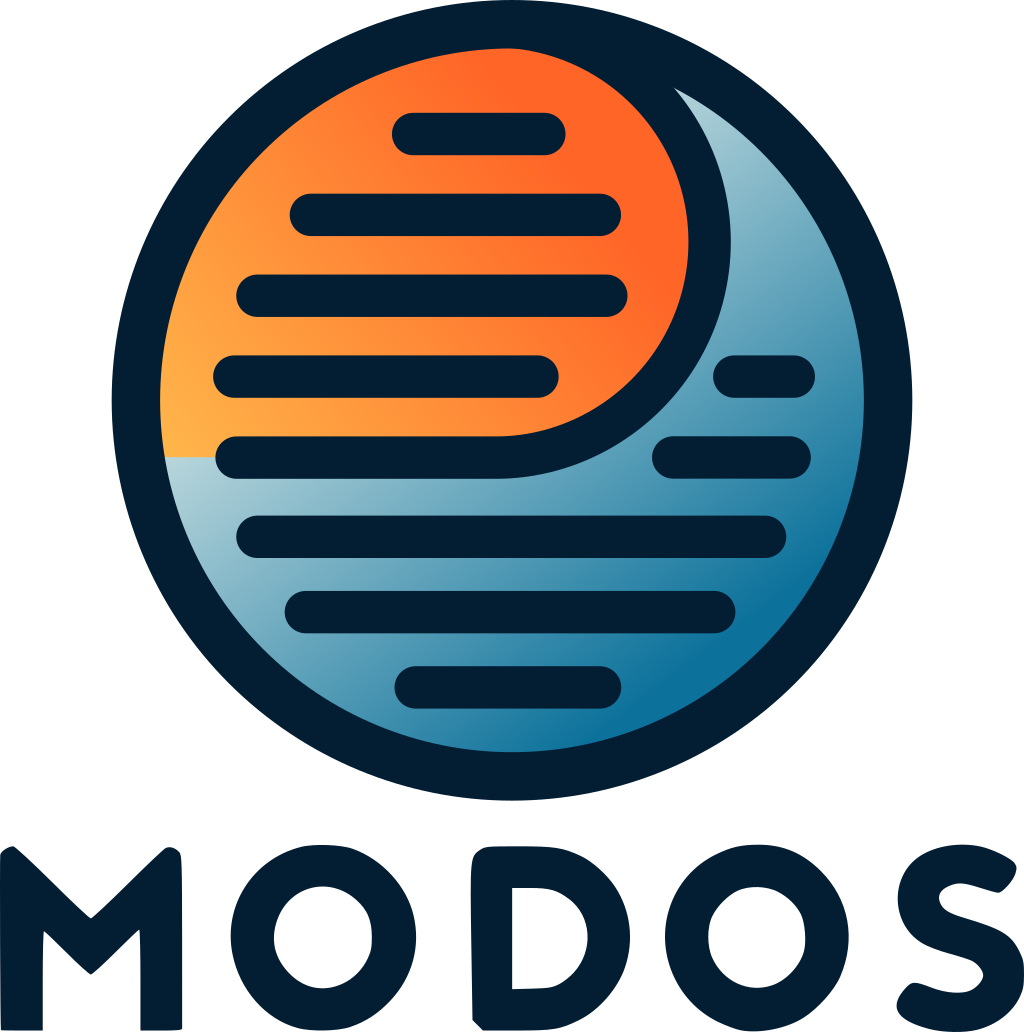Explore a MODO and access its data#
There are multiple ways to use a MODO and interact with it’s elements.
Explore a MODO and it’s elements#
MODO metadata can be easily accessed via CLI or using the python api:
from modos.api import MODO
# Create modo object (see Create and modify MODO)
modo = MODO(path = "data/ex")
# Show metadata as dictionary
modo.show_contents()
# {'ex': {'@type': 'MODO', 'creation_date': '2024-02-19T00:00:00', 'description': ..}
modos show "data/ex"
The objects structure can be visualized by displaying the internal hierarchy:
modo.list_arrays()
#/
# ├── assay
# │ └── assay1
# ├── data
# │ └── demo1
# ├── reference
# │ └── reference1
# └── sample
# └── sample1
modos show --zarr "data/ex"
#/
# ├── assay
# │ └── assay1
# ├── data
# │ └── demo1
# ├── reference
# │ └── reference1
# └── sample
# └── sample1
Note
MODOS internally uses zarr’s hierarchy groups. Each sub-directory represents a new hierarchy group. Any array-like data can directly be stored within these hierarchy groups, while other file formats are stored separately.
All files part of a MODO can be listed:
modo.list_files()
# [PosixPath('data/ex/reference1.fa'), PosixPath('data/ex/demo1.cram')]
modos show --files "data/ex"
# data/ex/reference1.fa
# data/ex/demo1.cram
Publish a MODO as linked data#
A semantic artifact can be created from the digital object and published as linked data. In this process JSON metadata are converted to RDF and all relative paths are converted to URI’s.
modo.knowledge_graph(uri_prefix="http://demo-data")
# <Graph identifier=N1aa0d4f1f3d9428b9c01e703096c5c96 (<class 'rdflib.graph.Graph'>)>
modos publish --base-uri "http://demo-data" "data/ex"
# @prefix EDAM: <http://edamontology.org/> .
# @prefix NCIT: <http://purl.obolibrary.org/obo/NCIT_> .
# @prefix modos: <https://w3id.org/sdsc-ordes/modos-schema/> .
# @prefix schema: <http://schema.org/> .
# @prefix xsd: <http://www.w3.org/2001/XMLSchema#> .
#
# <http://demo-data/assay/assay1> a modos:Assay ;
# schema:description "Dummy assay for tests." ;
# schema:name "Assay 1" ;
# modos:has_data <http://demo-data/demo1> ;
# modos:omics_type NCIT:C84343 .
#
# ...
Enrich metadata#
Some formats, such as CRAM, store relevant metadata, e.g. their reference sequences, in their header. These information can be automatically extracted and included into a MODO.
# Enrich modo
modo.enrich_metadata()
# Check the added elements
modo.list_arrays()
modos enrich
modos show --zarr
